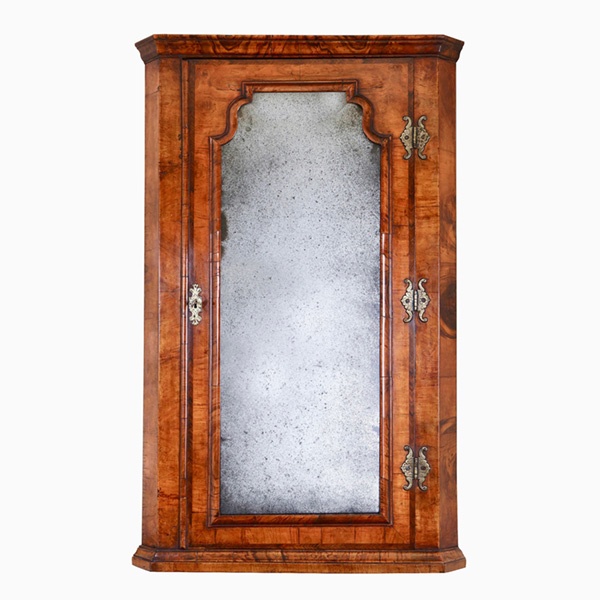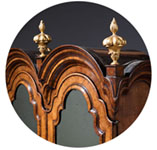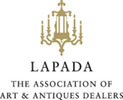Ebonised Eight-Day Library Table Clock by Moreland Chester
Sold
Request Information
Follow Us
Ebonised Eight-Day Library Table Clock by Moreland Chester
This impressive library clock has an exceptionally large six-pillar, spring-driven eight-day twin chain-fusee movement with going and striking trains with repetition. The going train has anchor escapement with a short pendulum and stirrup regulation to facilitate adjusting the timing, which is accessible through the back door with a typically Victorian pierced sound panel. The rack striking indicates the hours of a bell, which can be repeated at all times by pulling a cord to the side of the case.
The square silvered brass dial has a Roman chapter ring with five-minute and minute divisions. The maker has signed the dial above the middle: Moreland CHESTER. The time is indicated by an unusual pair of pierced blued steel hands. There are elegantly engraved spandrels in the corners.
The ebonised rectangular case has the typical shape of a library clock, with a raised moulded base and chamfered corners, resting on a plain plinth. The top has a moulding too. It has thick bevelled glass panels to the sides meaning the movement is almost entirely visible.
The maker: Thomas Moreland is recorded to have been active from 1834-48.
Condition
Good. Wear consistent with age and use. Fantastic original condition. The movement has been restored and in perfect working order..
Dimensions
Height: 38 cm (14.97 in)
Width: 30 cm (11.82 in)
Depth: 18 cm (7.09 in)
Literature
Brian Loomes, Watchmakers and Clockmakers of the World, London, 2006, p. 548.
PREVIOUSLY SOLD
No Results Found
The page you requested could not be found. Try refining your search, or use the navigation above to locate the post.
No Results Found
The page you requested could not be found. Try refining your search, or use the navigation above to locate the post.
YOU MAY ALSO LIKE

Queen Anne Walnut Corner Cupboard with Bevelled Mirror Plate
A truly remarkable find in original condition. To the door a shaped soft bevelled mirror plate is framed by a cross-grain molding of typical queen Anne design which is further cross-banded, feather-banded and edged to the opening with a single de-molding.

Queen Anne Walnut Corner Cupboard with Bevelled Mirror Plate
A truly remarkable find in original condition. To the door a shaped soft bevelled mirror plate is framed by a cross-grain molding of typical queen Anne design which is further cross-banded, feather-banded and edged to the opening with a single de-molding.







